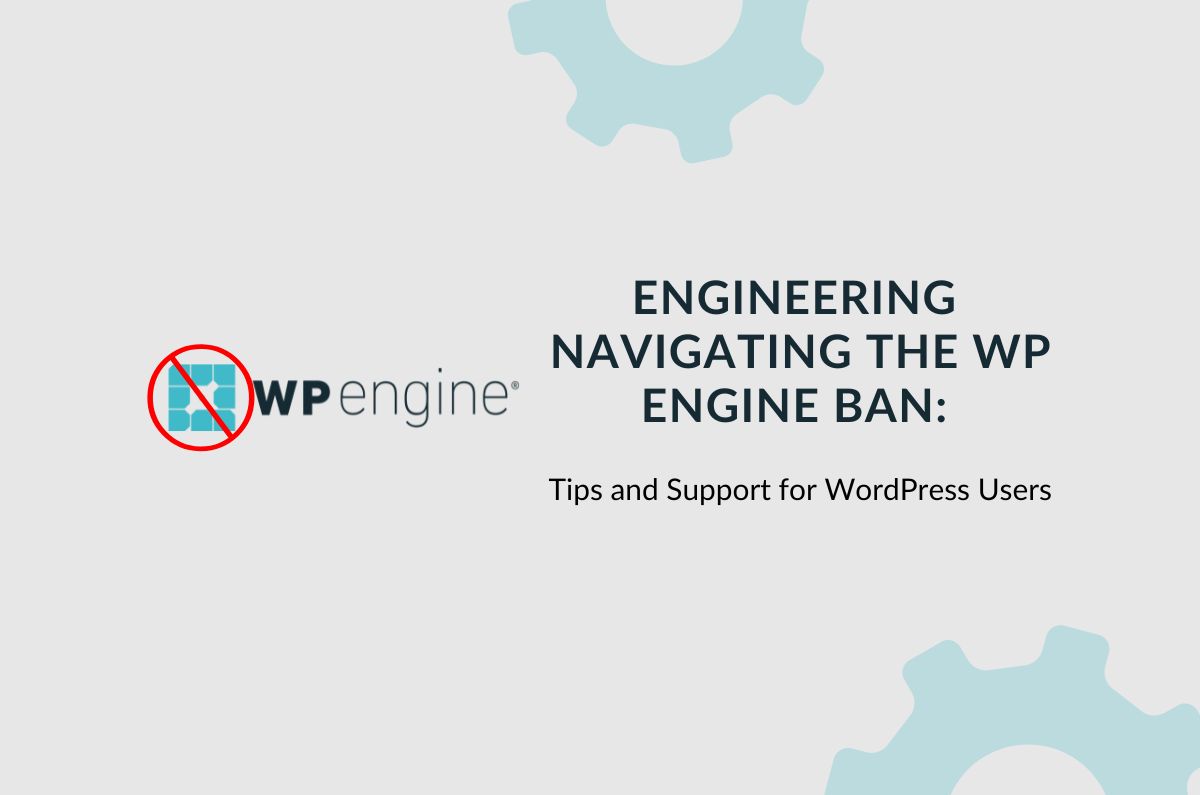In 2023, law firms cannot expect to grow their business without a solid marketing strategy. If you don’t know this already, the majority of clients seeking legal expertise start their search with Google. It means if you don’t have a strong online presence, you’ve already lost the battle. Since the world has gone digital, it makes complete sense for lawyers and law firms to use online marketing to get qualified leads and improve their brand reputation at the same time.
In this journey, you can use several marketing tools to streamline complex operations, resulting in more effective law firm marketing solutions. As of 2023, the market is stacked with a wide range of marketing tools you can use to devise personalized marketing campaigns, track user patterns, and monitor real-time growth as well.
Whether you work as an independent lawyer or at a reputed law firm, having knowledge about such marketing tools will help you achieve your marketing goals much faster. So, to help you along the way, we have compiled a detailed guide on the most useful marketing tools law firms can use to grow their business.
1. Ahrefs
If you have a law firm website, chances are you’re already running an SEO campaign to improve its search engine visibility. If that’s the case, Ahrefs will prove to be the most useful tool in your arsenal. It’s a feature-packed SEO tool designed to help marketers and business owners devise SEO campaigns for their websites and monitor its analytics through an easy-to-navigate dashboard.
Ahrefs provides a wide range of features that can make it easier for anyone to design and manage their SEO campaigns. And, since designing an SEO campaign for a law firm’s website is an extensive process, these advanced features will prove to be highly efficient.
Here’s a quick overview of how lawyers can use Ahrefs to design and manage a successful SEO campaign for their website.
- Ahrefs has a built-in keyword planner that’ll allow you to find relevant keywords for your website. You can use this comprehensive tool to discover high-traffic keywords, their search volume, difficulty level, and related keywords.
- You can also use Ahrefs to perform competitor analysis and evaluate your potential competitors. This will provide you with insights into their organic search traffic, backlink profile, top-performing pages, and the keywords they are ranking for.
- Ahrefs can also help you evaluate new content marketing opportunities with its integrated Content Explorer feature. You can use Content Explorer to evaluate trending topics in the legal world and create content around them to target the audience more effectively.
2. Mailchimp
Email marketing remains a powerful tool for nurturing client relationships and staying connected with potential clients. Mailchimp is a popular email marketing platform that allows law firms to create and send targeted email campaigns, automate follow-ups, and track email performance.
Since personalization is the key to building a successful email marketing campaign, you need a tool that could help you design and send personalised emails. Mailchimp does the job pretty fine. Mailchimp provides a user-friendly drag-and-drop editor to create visually appealing and professional email templates. Customize your templates to match your law firm’s branding and ensure they are mobile-responsive for optimal viewing on various devices.
You can further use Mailchimp’s personalization tags to address recipients by their names and make the emails feel more personalized. As mentioned earlier, segment your email list based on different criteria, and send targeted content to each segment for better engagement.
Finally, to optimize your email marketing efforts, conduct A/B tests on different elements of your campaigns, such as subject lines, call-to-action buttons, or content placement. A/B testing allows you to identify the most effective variations and make data-driven decisions.
3. Google Analytics
Google Analytics is a free web analytics tool that provides valuable insights into website traffic, user behavior, and marketing performance. Law firms can use it to measure the effectiveness of their marketing efforts, identify the most popular content, and understand how users interact with their website.
Google Analytics has remained a preferred choice of marketers to monitor traffic analytics for years. It can provide detailed insights into your law firm’s website traffic, including the number of visitors, their geographical location, and the pages they visit. Understanding website traffic patterns can help you identify popular content and areas that need improvement.
You can identify the sources that drive traffic to your website, such as organic search, social media, or referral links. Additionally, Google Analytics lets you track the performance of marketing campaigns, enabling you to assess which campaigns are delivering the best results.
Google Analytics also offers insights into the devices your website visitors use to access your site, such as desktop, mobile, or tablet. This information is valuable for optimizing your website for different devices and ensuring a positive user experience.
4. HubSpot
HubSpot is an all-in-one marketing, sales, and customer service platform that offers a wide range of tools for law firms. It includes CRM (Customer Relationship Management) software, email marketing, marketing automation, lead tracking, and analytics. HubSpot allows law firms to manage their marketing efforts efficiently and nurture leads through the sales funnel.
The HubSpot CRM (Customer Relationship Management) allows law firms to manage client information, track interactions, and organize leads. This enables better lead management and helps in building and maintaining long-lasting client relationships.
HubSpot’s marketing automation features enable law firms to create and schedule personalized email campaigns, automate lead nurturing, and deliver targeted content to different segments of their audience. Automation saves time and ensures consistent communication with potential clients.
With HubSpot’s Service Hub, law firms can provide excellent customer support by managing tickets, automating responses, and tracking customer interactions. Satisfied clients are more likely to refer to new business.
5. Hootsuite
Social media presence is crucial for any modern law firm’s marketing strategy. Hootsuite is a social media management tool that enables law firms to schedule posts, monitor mentions and engagement, and analyze social media performance across various platforms. It saves time and helps maintain a consistent and professional social media presence.
As a lawyer, you can use HootSuite to schedule social media posts in advance using Hootsuite. This feature enables them to maintain a consistent posting schedule, even during busy periods, ensuring a regular and engaging social media presence.
The tool supports various social media platforms, including Facebook, Twitter, LinkedIn, Instagram, and more. You can efficiently manage and monitor your presence across multiple networks, reaching a broader audience.
Conclusion
Leveraging the right marketing tools is essential for law firms aiming to thrive in the digital landscape and expand their online presence. With the above-mentioned marketing tools, law firms can strategically attract, engage, and retain clients, effectively showcasing their expertise and building strong relationships within their target audience. However, if you want to relish the benefits of these tools to their fullest, it would be better to hire a dedicated marketing firm with expertise in these modern-day tools. This way you’ll be able to design personalized marketing campaigns and yield the desired results more effectively.











